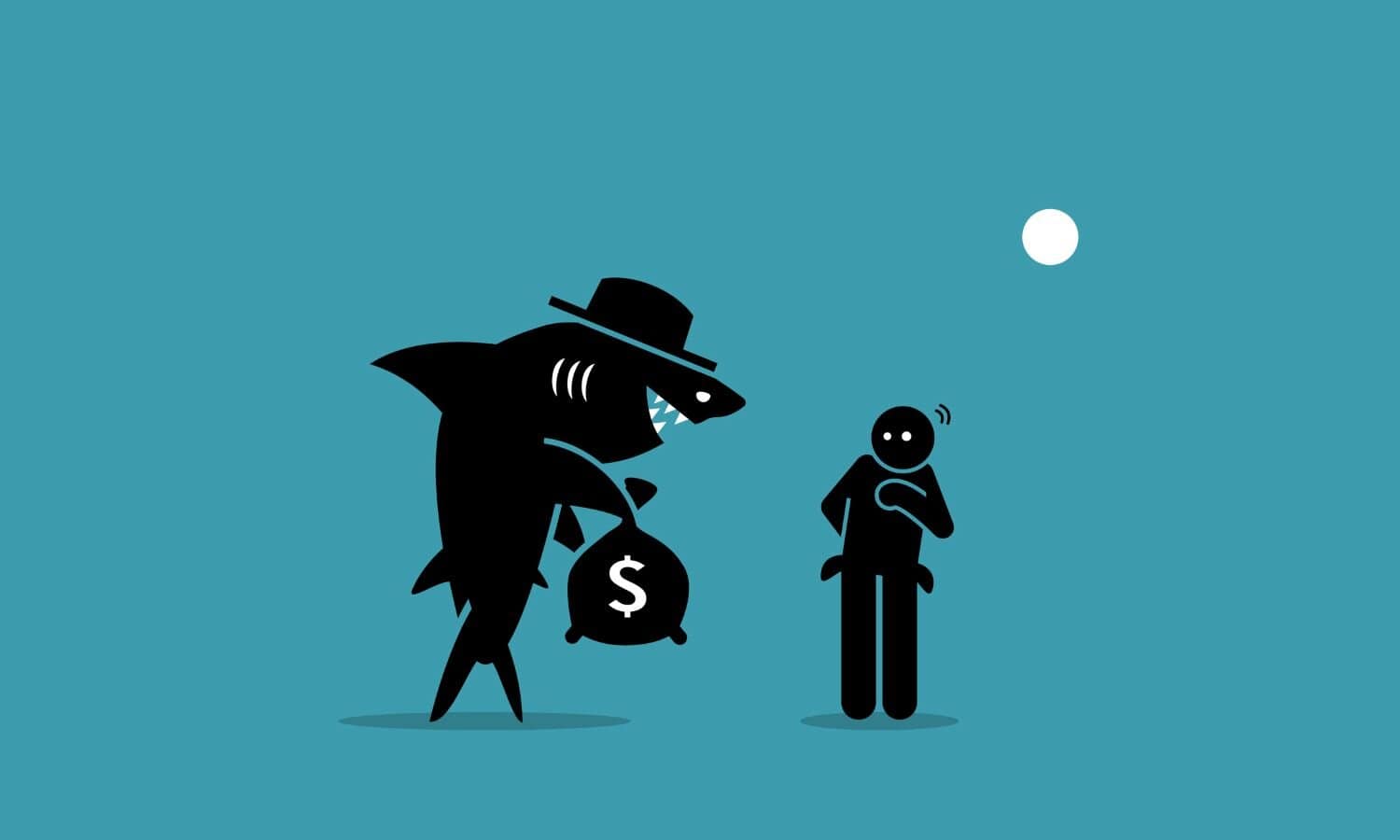The research also suggests there has been a 14.5% increase in South Africans who took out micro-loans over the past year.

It is no secret that many South Africans are under financial pressure and with a busy festive season and the start of the New Year, many might be tempted to borrow money from micro-lenders, particularly from those that are unregistered.
Many might opt to go to unregistered micro-lenders, popularly known as mashonisa, because they do not conduct standard credit checks to determine whether you can afford to repay.
There has been a crackdown by the National Credit Regulator (NCR) and the South African Police Service (Saps) on illegal micro-lenders.
ALSO READ: Beware of loan sharks in difficult economic times for consumers
Dangers of short-term loans from mashonisa
Siva Dhever, head of credit analytics at Mettus, says there are risks associated with borrowing money from illegal micro-lenders.
“And while a quick loan from a micro-lender may appear to be a lifeline to make it through the month, it’s essential to remember that these often come with hidden dangers, such as excessive fees, high interest rates and unscrupulous collection practices.”
He adds that their research suggests there is a 2% year-on-year increase in micro-lenders, with 4 622 operating in the country as of August this year. The research also suggests there has been a 14.5% increase in South Africans who took out microloans over the past year.
Checklist before taking out a short-term loan
Dhever advises people to verify a lender’s credentials before signing a contract and to be aware of clear warning signs that could indicate a potentially harmful lending agreement.
“Such examples include the lender being unregistered, high interest rates, pressure to sign quickly, demands for unusual collateral or threats, vague loan terms and aggressive marketing or unsolicited offers,” he adds.
He warns that people must borrow only what they can realistically afford to pay back during the festive season.
“It is crucial to only utilise the services of reputable lenders that are registered with the NCR and ensure that all fees and terms are clear and easily understood. Where possible, consider budgeting, saving or seeking other low-cost alternatives before taking on high-interest loans.”
ALSO READ: Review of credit rates and fees will help curb surge in illegal lending
What needs to be done for the microfinance sector
Dhever acknowledges that more needs to be done to build a fair and sustainable microfinance sector in the country, as consumer caution alone cannot do so.
“Stronger regulation, greater financial inclusion, borrower education, and social support are essential to ensure that lending institutions serve public needs in a responsible manner,” he says.
“Here, transparent, data-driven practices will be instrumental in ensuring fair pricing, responsible risk assessment and building a foundation of trust between lenders and consumers.”
When consumers are empowered through education and lenders are held to fair standards, all South Africans will reap the benefits. If we can achieve this, we can build a more financially secure South Africa; one where credit serves as a tool for progress, not a pathway to debt and greater despair.”
ALSO READ: ‘We depend on loan sharks’ − Municipal workers go months without salaries, medical aid
No need to repay mashonisas
Salem Nyati, Momentum Group Foundation’s consumer financial education specialist, says that according to the NCR, any loan granted by an unregistered credit provider is illegal and unenforceable.
“Even if they take you to court, they cannot legally enforce the loan agreement or charge interest, as the contract itself is void, although a court may, in some cases, allow recovery of the original amount lent.”
However, she notes that for many South Africans legal protection is meaningless in reality, as many mashonisas operate outside the law and so do their collection methods.
“We’ve seen cases where people have had their bank cards, ID books or even Sassa cards confiscated. In extreme cases, intimidation and violence are used to recover money that legally isn’t owed.”
Formal credit applications rejected
Referencing the NCR’s data, Nyati says credit applications grew in late 2024, increasing from 18.13 million to 18.53 million in the fourth quarter. However, the rejection rate stayed high at 65.3%, showing that even though more people are applying, many still fail to qualify, leaving thousands without access to formal borrowing options.
“In this climate,” she adds, “it’s easy to see why some people go straight to mashonisas, especially if they believe their credit record won’t stand up to scrutiny.”
Nyati advises people to start by cutting back. “Identify your essential costs, such as rent, food, electricity and transport and see where you can adjust.”
Prevention is better than cure
She highlights that prevention is better than cure. “Take stock of your finances and start putting a little away for emergencies, even R50 a month is a start. Building a small emergency fund can help you avoid relying on expensive credit when life throws you a curveball.”
While the NCR’s recent reminder may sound empowering, Nyati acknowledges that no law can protect you from the real-world risks of borrowing from mashonisas.
“The best protection is prevention, staying informed, budgeting carefully and only using registered credit providers. Borrow wisely and when in doubt seek financial advice before desperation drives you to dangerous decisions.”
NOW READ: Outdated lending caps driving borrowers to loan sharks






